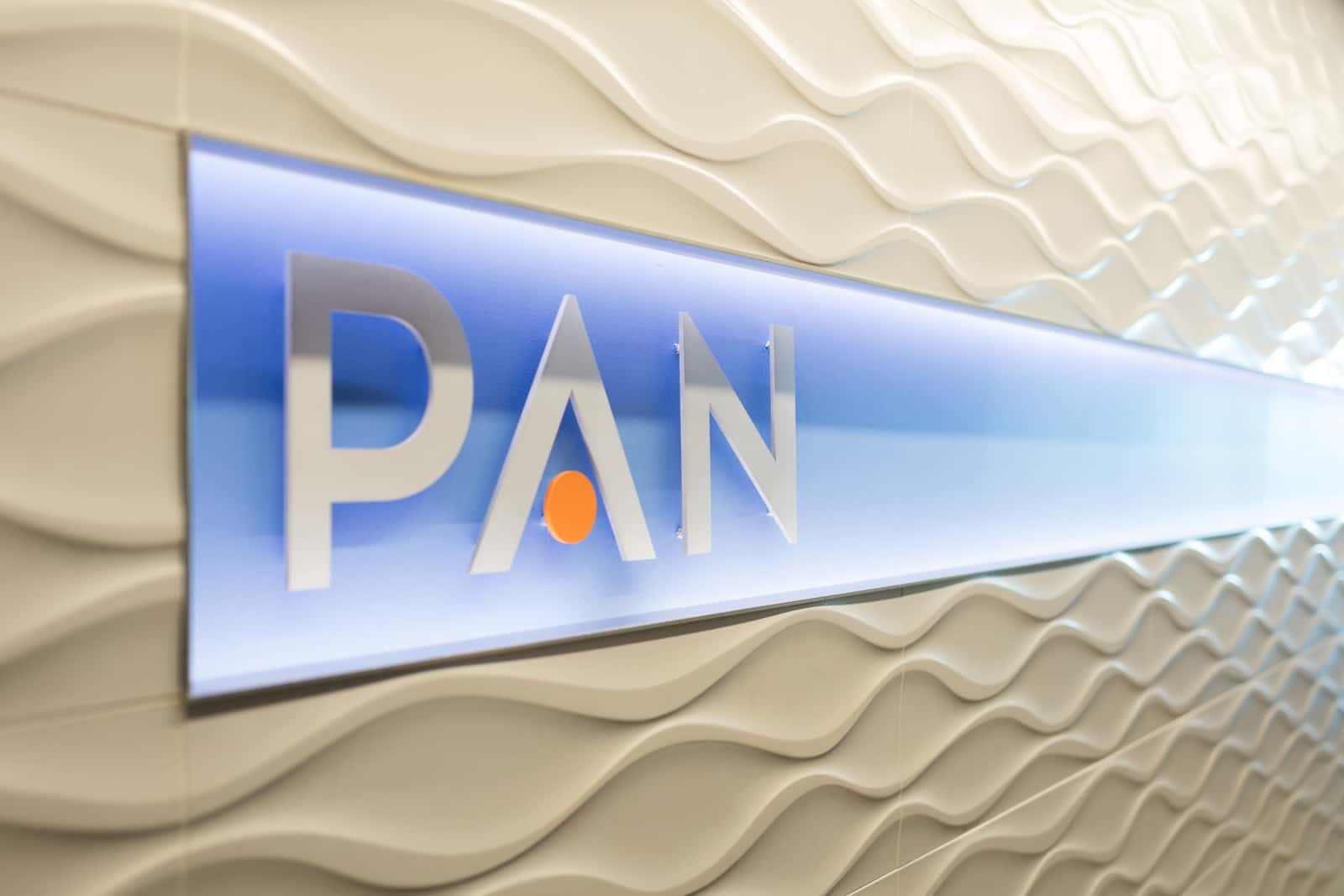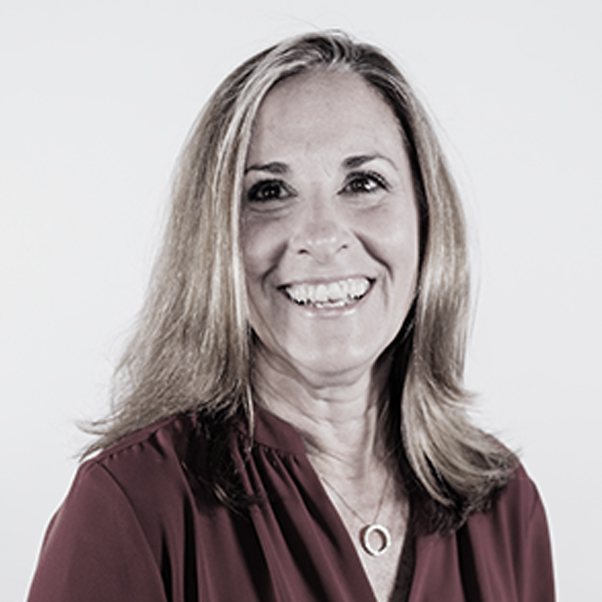Award-winning CHRO Elizabeth Famiglietti shares her wellness approach at PAN Communications
How wellness became a key component of the employee experience.

Elizabeth Famiglietti likes to get her arms around a project and connect on a personal level with colleagues, so leaving big business for a smaller organization suited her.
When she arrived at PAN Communications 10 years ago, the fast-paced marketing and PR organization was demographically young and aiming to grow organically and through acquisitions. But employees had little work/life balance.
With more than 20 years of HR experience, Famiglietti knew the work pace wasn’t sustainable. She set out to bring wellness culture to PAN with the full support of its CEO Phil Nardone.
Nardone’s decision to focus on a “happy employees make happy clients” philosophy allows Famiglietti to expand and shift wellness efforts to suit employees’ needs.
“Wellness, when I first started putting programs together for employees, was the more traditional kind of programs you would see where you’re partnering with whomever your health care provider is, but now it’s such a more holistic approach,” says Famiglietti.
Famiglietti pushed the work/life balance message, showing it’s OK to have boundaries. While still holding steadfast to business goals, employees were encouraged to work to live, not live to work, says Famiglietti.

Her biggest challenge was getting employees to slow down and understand the difference between work and home. Famiglietti wanted to prove that rest was necessary, and mental health days were not a weakness but a strength. She brought in different vendors to address issues like meditation, stress management and setting boundaries. Offering ways to learn and stay connected helped keep the wellness conversation alive.
The employee-focused culture has paid off. PAN grew from 45 employees to 170 across five locations, achieving growth goals while maintaining a wellness ethic.
“Wellness is a component of the employee experience now,” says Famiglietti.
Famiglietti approached building a wellness program based on feedback from her employees. She asked them to create focus groups and gather their needs and interests. Aiming for a flexible, customizable wellness plan with a menu of different options allows employees to tap into their relevant needs.
“I knew it wasn’t going to be one-size-fits-all.”
She also asks employees to volunteer as wellness leads to manage the programs employee requests. Programs are named for the company: some include PANfit for physical wellness, PANcares for philanthropic opportunities and PANid for inclusion and diversity.
“The success of the program is opening it up to employees, asking the right questions, and just sit back and listen,” says Famiglietti. “Then get them involved with what they think is going to be helpful.”
Over the decade she’s been with PAN, Famiglietti has watched her colleagues go from young singlehood to marriage and parenting. Growing her wellness offerings to support them in all stages of life has been rewarding. Her reputation for connecting with every employee comes from a structure that ensures no one gets left out.
The “touchpoint approach” is a team effort with Nardone and the HR team. Each new hire gets face time with the CEO and attention continues with monthly HR check-ins. Later, employees are matched with a career coach trained to lead with compassion. A recent manager training included how to tell if an employee is struggling with anxiety.
“You hear people say professional service organizations, their people are their product, so you have to spend time nurturing their people,” says Famiglietti. “But I truly believe that every organization, whether you’re selling a product or whether you’re selling professional services, would be better served if you would take a better interest in your employees’ overall wellness. Happy, healthy employees are going to be better performing at any job that they’re doing. I feel like there’s a responsibility for us to care for one another.”
This kind of hands-on care is where Famiglietti sees the HR and wellness industry moving.
“I think wellness is going to be a positive byproduct of the pandemic,” says Famiglietti. “I think we’re going to be better off. For companies that didn’t have it, I think they realized that they needed it, and for companies that did have some foundation, it definitely proved that it’s worth the time and effort and investment because it’s needed and you get a better result out of it.”

